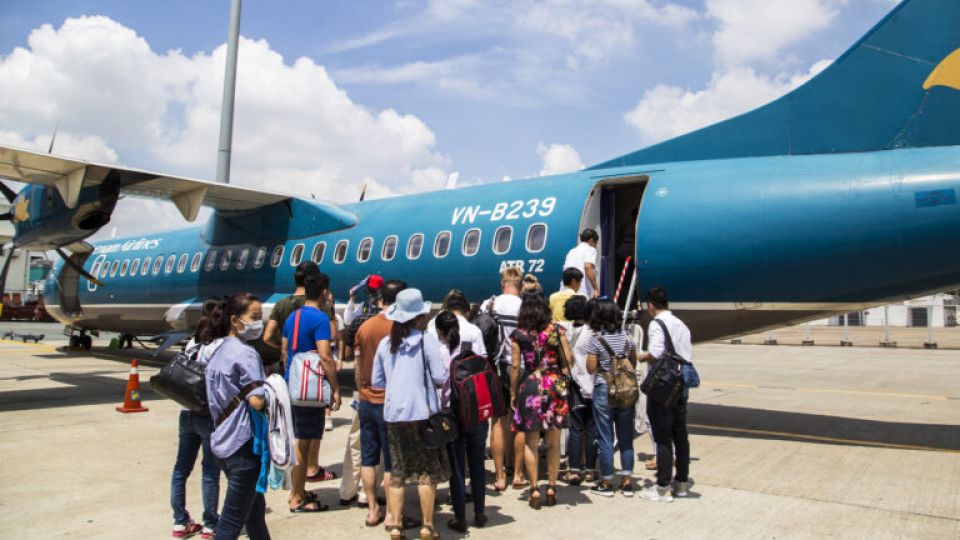January 5, 2022
TAIPEI (The China Post) — A Vietnamese migrant worker recently shared with international news media, the hardships she endured and the high costs it takes to go home during the COVID-19 pandemic.
As the pandemic situation worsened, the Vietnamese government adopted strict border measures, and the number of flights dropped sharply while the price of airline tickets soared.
During this time, as many as 200,000 overseas expatriates and migrant workers were left stranded overseas, unable to return home.
According to international news media Al Jazeera, a Vietnamese migrant worker in Taiwan surnamed Vũ shared her story of the hardships she faced and how she was finally able to get home.
Vũ had worked in an electronics factory in Taichung when the pandemic broke out and wishing to return to her home in North Vietnam, she had set her sights on a government evacuation plane.
However, after applying to the Vietnam Economic and Cultural Office in Taipei three times in the past year, seven months have passed and there is still no news.
She explained that every time she called to check on her status, she was always asked to “wait.”
In the end, Vũ gave up on getting a seat on an emergency evacuation plane, and instead, booked a VietJet ticket to return home in July 2021.
She added that the ticket along with the cost of the 21-day mandatory quarantine back home and the PCR tests accompanied cost her about NT$60,000, which is the equivalent of about two months salary earned in Taiwan.
If you had been able to apply for a government plane, she would only have to spend around NT$14,000.
Meanwhile, she also added that prior to the pandemic, flights to and from Vietnam and Taiwan would sometimes be as cheap as NT$2,800 which goes to show just how much the price has risen after the epidemic broke out.
It was previously reported that Vietnamese expatriates had pointed out flights back home had dropped sharply when the virus first broke out, leading to everyone rushing to nab a ticket home.
As the demand for plane tickets soared, so did the prices, which led to further reports that certain people within the Vietnamese government took advantage of the high prices of evacuation flights to earn the spreads.
In October 2020, non-governmental organizations recognized the severity of the problem and took to the streets with Vietnamese migrant workers and expats to protest, asking Vietnam to “stop abandoning their citizens.”
The protest called for four major demands to be met: transparent screening of boarding qualifications, increasing the number of returning flights to Vietnam, providing a standard for the price of plane tickets, and setting a cap for quarantine fees.
Even though her flight home was costly, Vũ considered herself lucky for finally securing a plane ride home and noted how many of her friends in Taiwan are still waiting for confirmation of their own bookings.
As Vietnam resumed international flights with 15 countries in December 2021, the situation is likely to improve soon.
At present, travelers need to be fully vaccinated or provide proof that they have recovered from a previous infection, in addition to submitting a negative PCR test taken within 72 hours of arriving in Vietnam.
If all the documents are provided, travelers would be eligible for the 3-day quarantine, plus an 11-day self-health management plan, and would not need to quarantine at a centralized facility.


